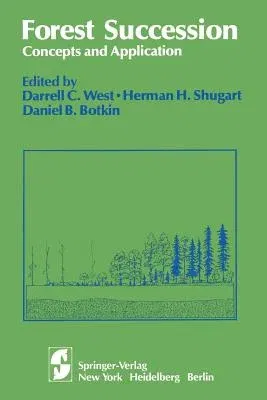Forest Succession: Concepts and Application (Softcover Reprint of the Original 1st 1981)Paperback - Softcover Reprint of the Original 1st 1981, 9 November 2011

Qty
1
Turbo
Ships in 2 - 3 days
In Stock
Free Delivery
Cash on Delivery
15 Days
Free Returns
Secure Checkout
Part of Series
Springer Advanced Texts in Life Sciences
Print Length
517 pages
Language
English
Publisher
Springer
Date Published
9 Nov 2011
ISBN-10
1461259525
ISBN-13
9781461259527
Description
Product Details
Book Edition:
Softcover Reprint of the Original 1st 1981
Book Format:
Paperback
Country of Origin:
NL
Date Published:
9 November 2011
Dimensions:
23.39 x
15.6 x
2.74 cm
ISBN-10:
1461259525
ISBN-13:
9781461259527
Language:
English
Location:
New York, NY
Pages:
517
Publisher:
Weight:
743.89 gm

